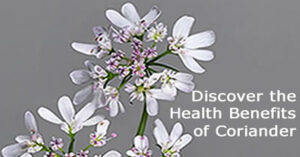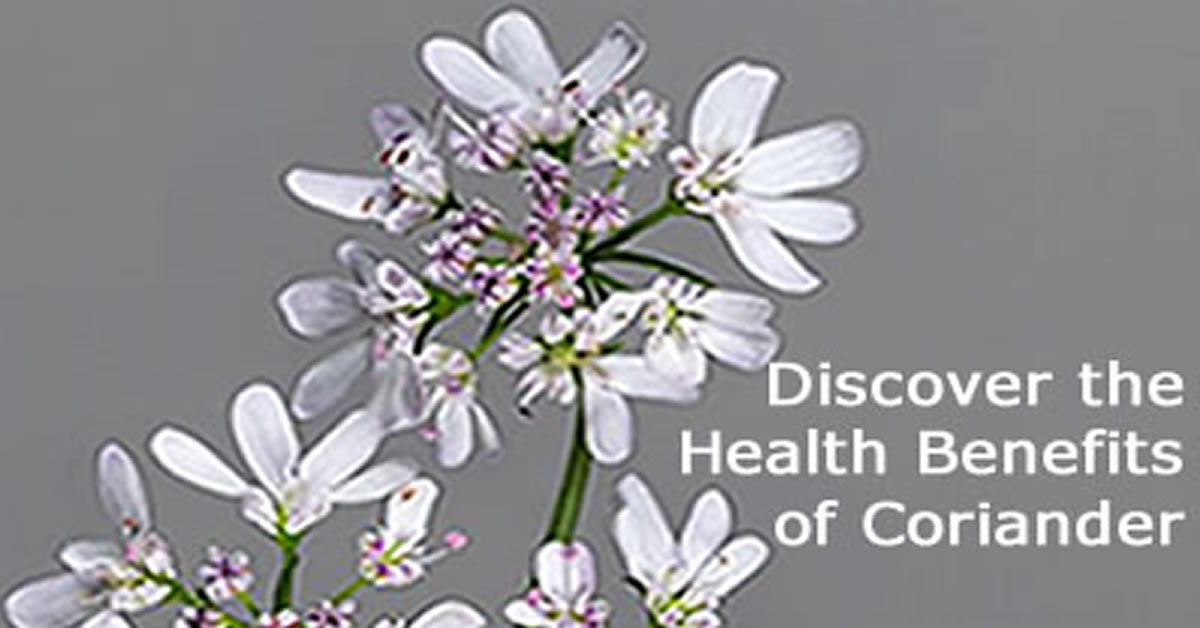Chamomile
Chamomile: An In-Depth Exploration of Its Benefits, History, Effectiveness, Efficacy, Safety, and Immune Boosting Properties, Along with How to Prepare and Consume it…
Introduction: Chamomile is a versatile and widely recognized herb that has been used for centuries for its various health benefits. In this comprehensive exploration, we will delve into the world of chamomile, examining its historical roots, benefits, effectiveness, efficacy, safety profile, immune-boosting properties, and provide insights into how to prepare and consume this remarkable herb. With a focus on citing peer-reviewed medical literature, this article aims to provide you with a deep understanding of chamomile and its potential impact on your well-being.
 Historical Perspective: To truly appreciate chamomile’s significance, it’s essential to explore its rich history. Chamomile, scientifically known as Matricaria chamomilla or Chamaemelum nobile, has a long-standing history of medicinal and therapeutic use dating back thousands of years.
Historical Perspective: To truly appreciate chamomile’s significance, it’s essential to explore its rich history. Chamomile, scientifically known as Matricaria chamomilla or Chamaemelum nobile, has a long-standing history of medicinal and therapeutic use dating back thousands of years.
- Ancient Egyptians: Chamomile was revered by the ancient Egyptians, who used it for its anti-inflammatory and healing properties. It was also used in cosmetics and embalming.
- Greeks and Romans: In ancient Greece and Rome, chamomile was used as a remedy for a variety of ailments, including digestive issues and skin conditions. It was also used as a flavoring agent in drinks and food.
- Middle Ages: During the Middle Ages, chamomile gained popularity in Europe as a natural remedy for anxiety and insomnia. It was often referred to as the “plant’s physician” because it was believed to have the ability to enhance the growth of nearby plants.
- Traditional Medicine: Chamomile continued to be a staple in traditional medicine practices in various cultures around the world. It was used to treat digestive disorders, skin conditions, and even as a mild sedative.
- Modern Era: In contemporary times, chamomile has gained recognition for its potential health benefits and is widely used in herbal remedies, teas, and even skincare products.
Benefits of Chamomile: Chamomile offers a wide range of potential health benefits, many of which are supported by scientific research. Here are some of the key benefits:
- Anti-Inflammatory: Chamomile contains compounds like chamazulene and alpha-bisabolol, which have potent anti-inflammatory properties. These properties make chamomile effective in reducing inflammation associated with various health conditions[i].
- Digestive Health: Chamomile tea is often used to soothe digestive discomfort, including indigestion, bloating, and gas. It can help relax the gastrointestinal muscles and alleviate symptoms[ii].
- Stress and Anxiety Reduction: Chamomile is known for its calming effects and is often used to reduce stress and anxiety. It can promote relaxation and improve sleep quality[iii].
- Skin Health: Chamomile’s anti-inflammatory and antioxidant properties make it beneficial for skin health. It can help soothe skin irritations, such as eczema and sunburn, and promote faster healing[iv].
- Immune Boosting: Chamomile contains antioxidants that may help support the immune system. Regular consumption of chamomile tea may contribute to overall immune health[v].
Effectiveness and Efficacy: To assess the effectiveness and efficacy of chamomile, it’s crucial to rely on peer-reviewed medical literature. Numerous studies have investigated the therapeutic properties of chamomile, providing valuable insights into its effectiveness in various applications.
- Gastrointestinal Disorders: Research has shown that chamomile can be effective in relieving symptoms of gastrointestinal disorders such as irritable bowel syndrome (IBS) and indigestion. A study published in the “Journal of Agricultural and Food Chemistry” found that chamomile extracts exhibited anti-inflammatory and anti-spasmodic effects in the intestines.
- Anxiety and Sleep: A systematic review published in the “Journal of Clinical Psychopharmacology” analyzed multiple studies and concluded that chamomile may be effective in reducing symptoms of generalized anxiety disorder. Chamomile’s calming effects can also improve sleep quality, as indicated in a study published in the “Journal of Advanced Nursing.”
- Skin Conditions: Chamomile’s efficacy in managing skin conditions has been documented in various studies. Research published in the “Journal of Drugs in Dermatology” highlights its potential in soothing skin irritations and promoting wound healing.
- Immune Support: Chamomile’s immune-boosting properties are associated with its antioxidant content. Antioxidants help protect cells from oxidative stress, thereby supporting the immune system. This aspect of chamomile’s efficacy is an emerging area of research.
Safety Profile: Chamomile is generally considered safe for most people when consumed in moderate amounts. However, it’s essential to be aware of potential allergenic reactions, especially if you have allergies to plants in the Asteraceae family, which chamomile belongs to. Allergic reactions can include skin rashes, itching, and respiratory symptoms.
While chamomile tea is safe for most individuals, it’s advisable to exercise caution if you are pregnant or nursing, as its safety in these situations is not well-established. Additionally, if you are taking medications or have pre-existing medical conditions, consult with a healthcare professional before incorporating chamomile supplements or extracts into your routine, as it may interact with certain medications.
Immune Boosting Properties: Chamomile’s immune-boosting properties are attributed to its antioxidant content. Antioxidants help protect cells from damage caused by free radicals, which can weaken the immune system. The key antioxidants in chamomile include apigenin, quercetin, and patuletin.
- Apigenin: This flavonoid is found in high concentrations in chamomile. Studies have shown that apigenin can modulate the immune response by reducing inflammation and enhancing the activity of immune cells. It may also help in the prevention of chronic diseases associated with immune dysfunction.
- Quercetin: Quercetin is another potent antioxidant present in chamomile. It has been studied for its potential in supporting immune health and reducing the risk of infections. Quercetin’s antiviral properties make it particularly relevant in the context of immune support.
- Patuletin: While less researched than apigenin and quercetin, patuletin also contributes to chamomile’s immune-boosting effects. It acts as a free radical scavenger, protecting immune cells from oxidative stress.
Regular consumption of chamomile tea or incorporating chamomile extracts into your diet may help bolster your immune system and reduce the risk of illness. However, it’s important to remember that a balanced diet, exercise, and other healthy lifestyle choices are also crucial for overall immune health.
How to Prepare and Consume Chamomile: Chamomile can be enjoyed in various forms, with chamomile tea being one of the most popular and accessible options. Here’s how to prepare chamomile tea:
Ingredients:
- 1 to 2 teaspoons of dried chamomile flowers or a chamomile tea bag
- 8 ounces (about 240 ml) of hot water
- Optional: honey or lemon for flavor
Instructions:
- Boil water and allow it to cool slightly for a minute or two.
- Place the chamomile flowers
[i] Bhaskaran N, Shukla S, Srivastava JK, Gupta S. Chamomile: an anti-inflammatory agent inhibits inducible nitric oxide synthase expression by blocking RelA/p65 activity. Int J Mol Med. 2010 Dec;26(6):935-40. doi: 10.3892/ijmm_00000545. PMID: 21042790; PMCID: PMC2982259. https://www.ncbi.nlm.nih.gov/pmc/articles/PMC2982259/
[ii] Srivastava JK, Shankar E, Gupta S. Chamomile: A herbal medicine of the past with bright future. Mol Med Rep. 2010 Nov 1;3(6):895-901. doi: 10.3892/mmr.2010.377. PMID: 21132119; PMCID: PMC2995283. https://www.ncbi.nlm.nih.gov/pmc/articles/PMC2995283/
[iii] Mao JJ, Li QS, Soeller I, Rockwell K, Xie SX, Amsterdam JD. Long-Term Chamomile Therapy of Generalized Anxiety Disorder: A Study Protocol for a Randomized, Double-Blind, Placebo- Controlled Trial. J Clin Trials. 2014 Nov;4(5):188. doi: 10.4172/2167-0870.1000188. Epub 2014 Oct 9. PMID: 29057164; PMCID: PMC5650245. https://www.ncbi.nlm.nih.gov/pmc/articles/PMC5650245/
[iv] Wang W, Wang Y, Zou J, Jia Y, Wang Y, Li J, Wang C, Sun J, Guo D, Wang F, Wu Z, Yang M, Wu L, Zhang X, Shi Y. The Mechanism Action of German Chamomile (Matricaria recutita L.) in the Treatment of Eczema: Based on Dose-Effect Weight Coefficient Network Pharmacology. Front Pharmacol. 2021 Sep 30;12:706836. doi: 10.3389/fphar.2021.706836. PMID: 34658853; PMCID: PMC8515037. https://www.ncbi.nlm.nih.gov/pmc/articles/PMC8515037/
[v] Srivastava JK, et al.v

